Phonics & Reading Schemes

‘Read Write Inc.’, a very successful Synthetic Phonics programme, is fully embedded in our school. All reading teachers are highly trained and our reading leader keeps up to date with regular training to share with reading teachers. Synthetic Phonics is a way of teaching reading.
When your child is learning to read there are two crucial things to learn: the sounds represented by written letters how to blend the sounds together to make words. Children are taught to read letters or groups of letters by saying the sound(s) they represent – so, they are taught that the letter m sounds like mmm ... when we say it. Children can then start to read words by blending (synthesising) the sounds together to make a word.

Blending is often referred to as sounding out. We refer to blending as Fred Talk, which is part of the highly motivating ‘Read Write Inc’ scheme. All these terms focus on the same point – synthesising sounds.
Why is phonics so important?
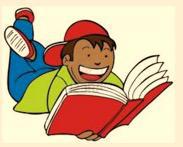
It is important that you read the information provided below in order to help you understand the role you can play in supporting your child with their phonics.
Learning to read is the most important thing your child will learn at our school. Everything else depends on it, so we put as much energy as we possibly can into making sure that every single child learns to read as quickly as possible.
We want children to love reading – and to want to read for themselves. This is why we put our efforts into making sure they develop a love of books as well as simply learning to read.
How will my child be taught to read?

We begin introducing phonics in the Nursery class through short daily flash card sessions. In the Reception class learners recognise and Fred Talk many letters. This means that they learn how to ‘read’ the sounds in words and how those sounds can be written down. This is essential for reading, but it also helps children learn to spell well. We teach the children simple ways of remembering these sounds and letters. Ask them to show you what these are.
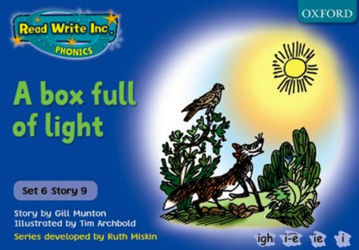
The children practise their reading with books that match the phonics they know.
- Reading their book is an important time to apply their phonics as they read the words.
- The second read develops their understanding of the book as they make links to other stories and life experience.
- Finally they read the book like a reader, with expression.
They start believing that they can read and this develops their reading confidence and enjoyment of reading.
In Read Write Inc. lessons and throughout the wider curriculum, teachers share stories, poems and non-fiction books with the children, too. This helps the children to enjoy many types of stories and books while developing their language skills for their own writing.
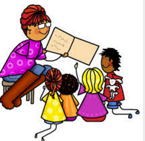
How will I know how well my child is doing?

We will always let you know how well your child is doing.
We use a variety of ways to find out how the children are making progress in reading, including:
- Their skills in Read Write Inc. lessons
- Regular assessments of the sounds they know and can read in words
- Reading comprehensions (through discussion of texts)
- Standardised assessments and reading age tests.
Much of the time the children are not aware of assessments, and formal assessments are planned throughout the year. We use the information to make sure that your child is in the correct reading group. Your child will work with children who are at the same reading level as him or her. Children will move to a different group if they are making faster progress than the others. Your child will have one-to-one support if we feel that he or she needs some extra help to keep up.
Our assessment of reading enables us to plan the right provision for your child and to compare how well they read compared to other children in the country.
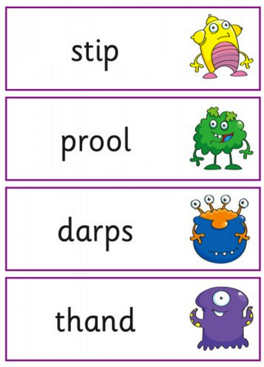
In the summer term, the government asks us to do a phonics check of all the Year 1 children. The test checks how well the children can use their phonics skills to read real and nonsense words. That gives us extra information about their progress. We will talk to you about how well your child has done, and especially if we have any worries at all.
How long will it take to learn to read well?
By the end of Year 1, your child should be able to read aloud books that are at the right level for his or her age. As they move into Year 2, many learners will have the skills to read books at and beyond their age, so they will begin guided reading lessons where we focus on wider range of reading skills and a greater analysis of texts and books.
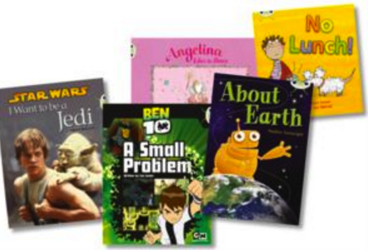
When your child has secured their phonics and key early reading skills, they will move to guided reading; they will not wait until they move into a new class. A few learners may benefit from further teaching of phonics through Read Write Inc. but by Year 3 Learners are ready for guided reading.
How do I know the teaching will be good?
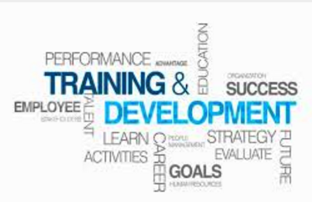
All Read Write Inc. teachers have been highly trained to teach reading. We believe that it is very important that all the teachers and teaching assistants work in the same way. If you are worried about the teaching or you have any questions, please come to school and talk to us.
What can I do to help? Is there anything that I shouldn’t do?
Your child will bring different sorts of books home from school. It helps if you know whether this is a book that your child can read on their own or whether this is a book that you should read to them. The teacher will have explained which is which. Please trust your child’s teacher to choose the book(s) that will help your child the most.
Help your child to sound out the letters in words and then to ‘push’ the sounds together to make a whole word. Try not to refer to the letters by their names as this can become confusing. Help your child to focus on the sounds. You can hear how to say the sounds correctly by searching on YouTube for ‘Read Write Inc. Phonemes Pronunciation Guide’

Sometimes your child might bring home a picture book that they know well. Please don’t say, ‘This is too easy.’ Instead, encourage your child to tell you the story out loud; ask them questions about things that happen or what they think about some of the characters in the story.
We know parents and carers are very busy people, but it is so important to find time to read to your child as much as possible, it helps him or her to learn about books and stories. They also learn new words and what they mean. Show that you are interested in reading yourself and talk about reading as a family. You can find out about good stories to read to your child here:
http://www.ruthmiskintraining.com/teacher-support/17/index.html
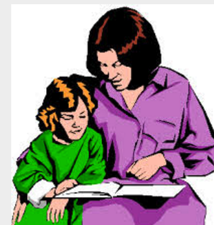
Does it matter if my child misses a lesson or two?
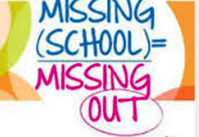
It DOES MATTER if your child misses school. The way we teach children to read is very well organised, so even one missed lesson means that your child has not learnt something that they need to know to be a good reader.
What if he or she finds it difficult to learn to read?

We want children to learn to read, however long it takes us to teach them. We will find out very quickly if your child is finding reading difficult. First, we move children to a different group, so that we can make sure that they have learnt what they need to know. If they still struggle, we give them extra time with an adult, on their own. These adults are specially trained to support these children. Your child will still be in the same group with the other children and won’t miss out on any of the class lessons.
If we have any serious worries about your child’s reading, we will talk to you about this.
What if my child is dyslexic or has dyslexic characteristics?

The way we teach reading is especially helpful for children who might be dyslexic. This is because we use a very well organised programme that has a strong focus on phonics. This is very important for children who find learning to read difficult. If you are worried about your child, please come and talk to us.
My child has difficulty pronouncing some sounds. Will this stop him learning to read through phonics?

This isn’t a problem for learning to read as long as we know what sound the child is trying to say. This is not something to worry about. Many children have a few sounds that they can hear clearly but find it difficult to say. You can help your child by encouraging him or her to look at your mouth when you say the sound. Help your child to feel successful and proud of their achievements, it is not helpful for them to feel like a failure. They can easily learn to read, even if they find one or two sounds difficult to say.
If you have any concerns or questions about ‘Read Write Inc.’ please do not hesitate to come into school and speak to us.
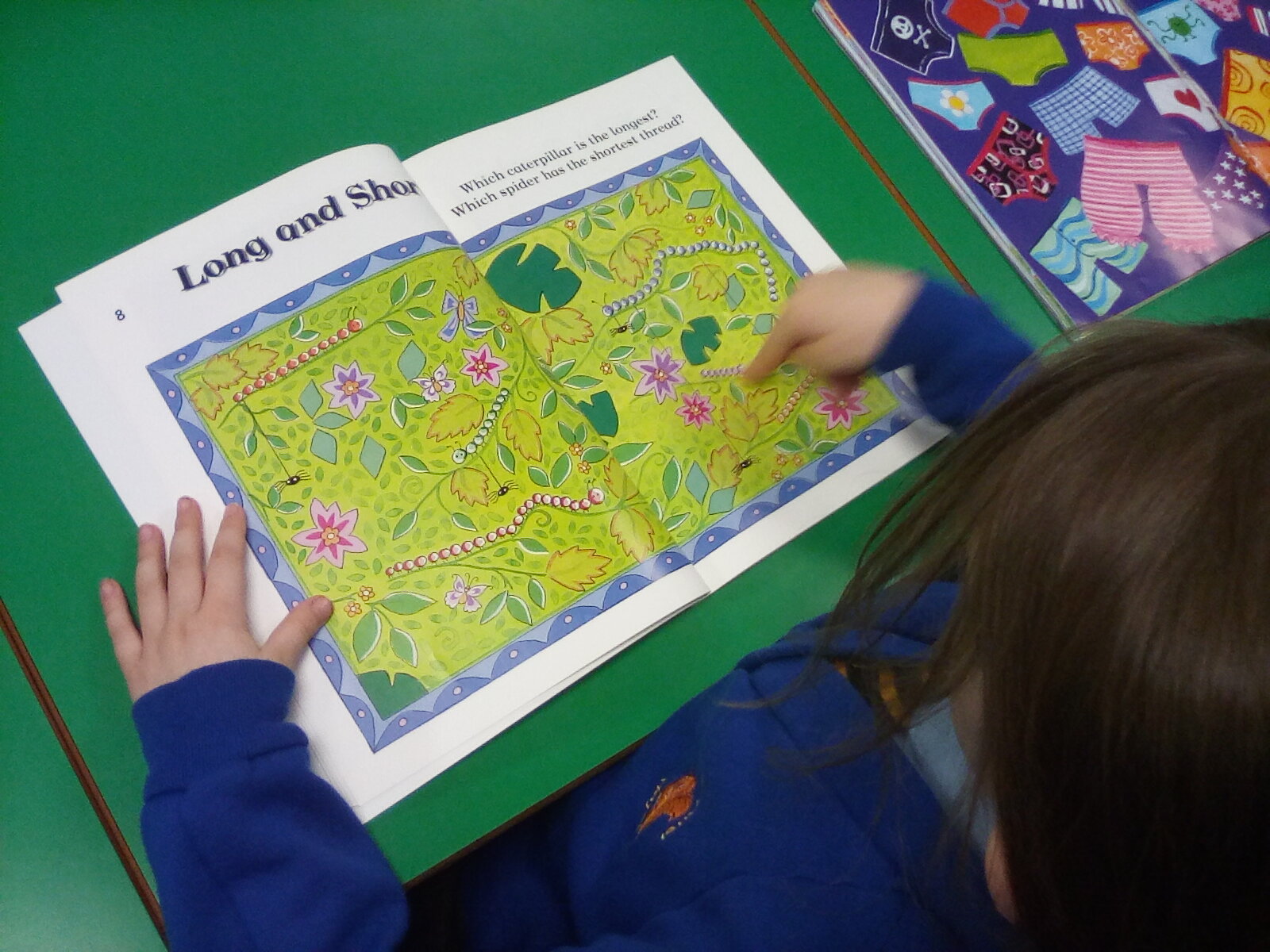
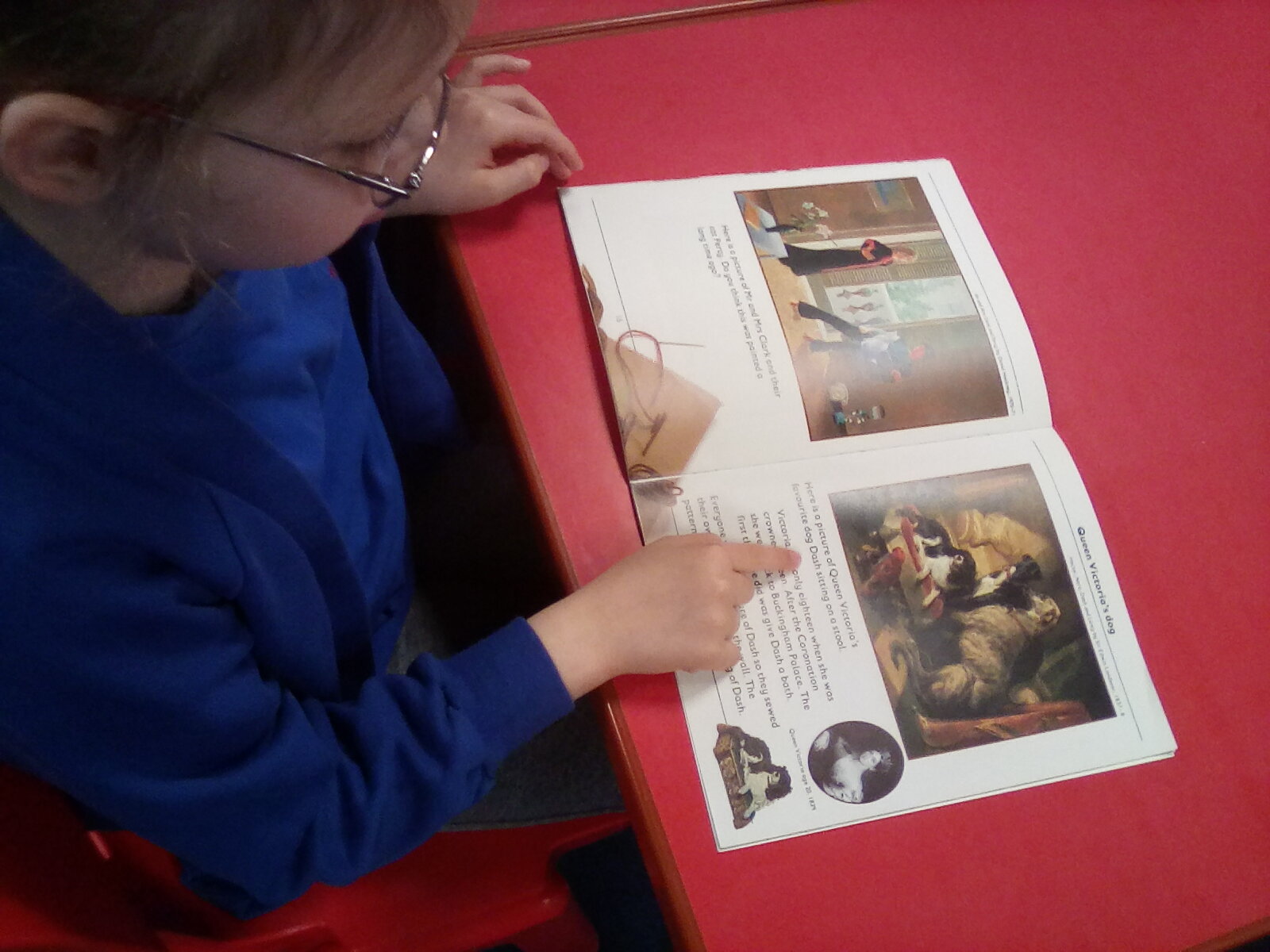
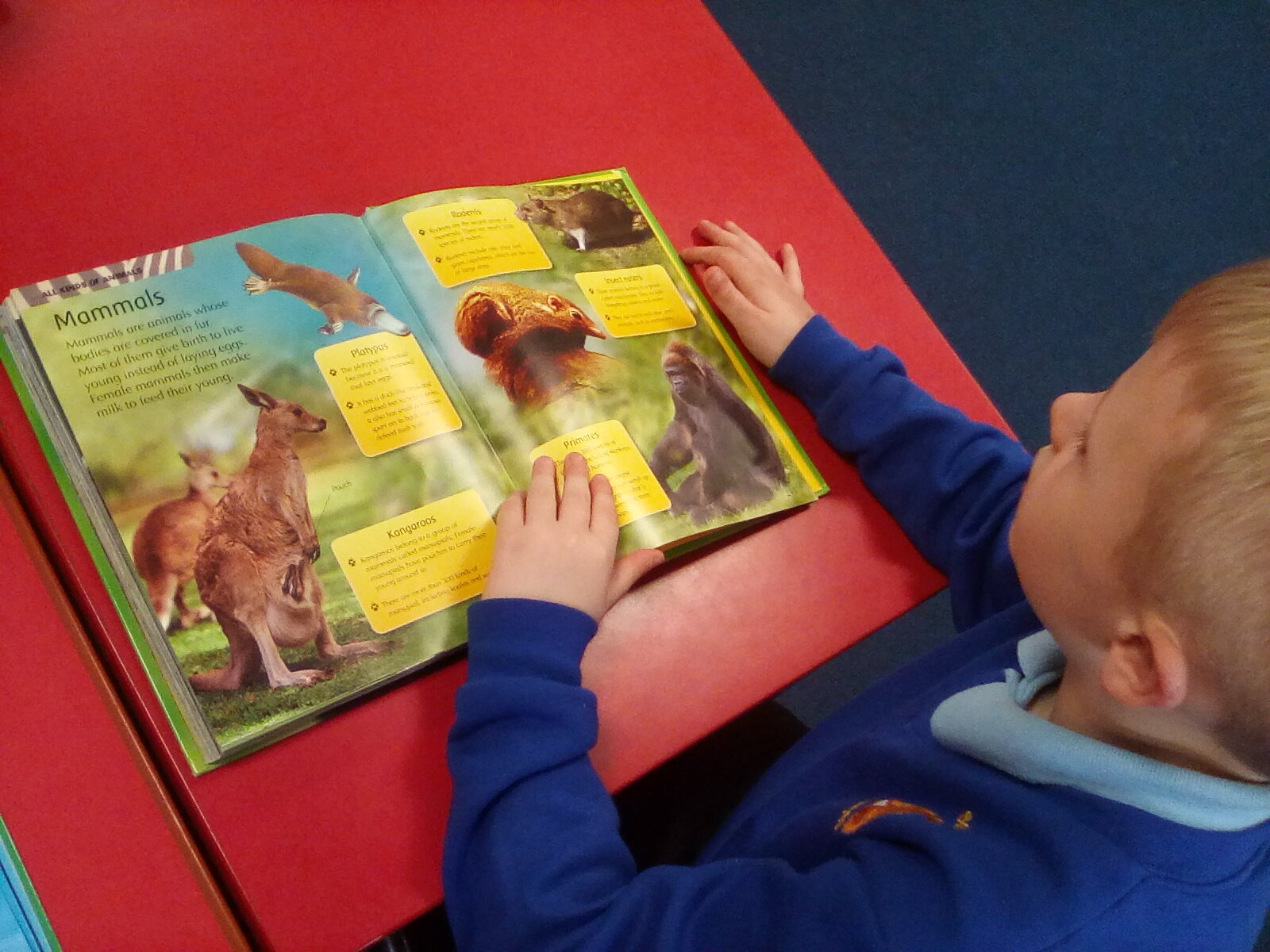
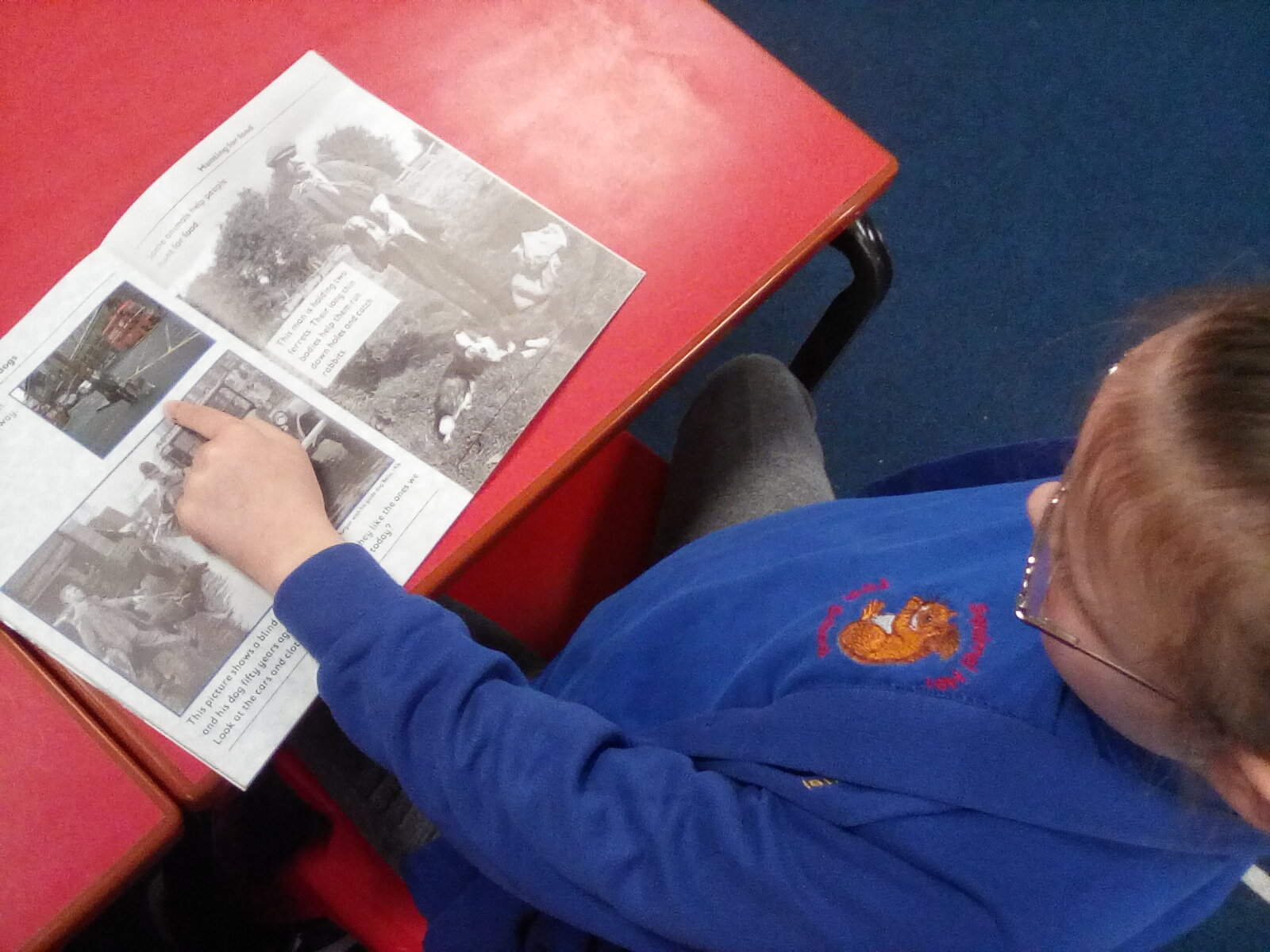
If you need to know more about this subject please don't hesitate to ask the subject lead Mrs Taylor.

